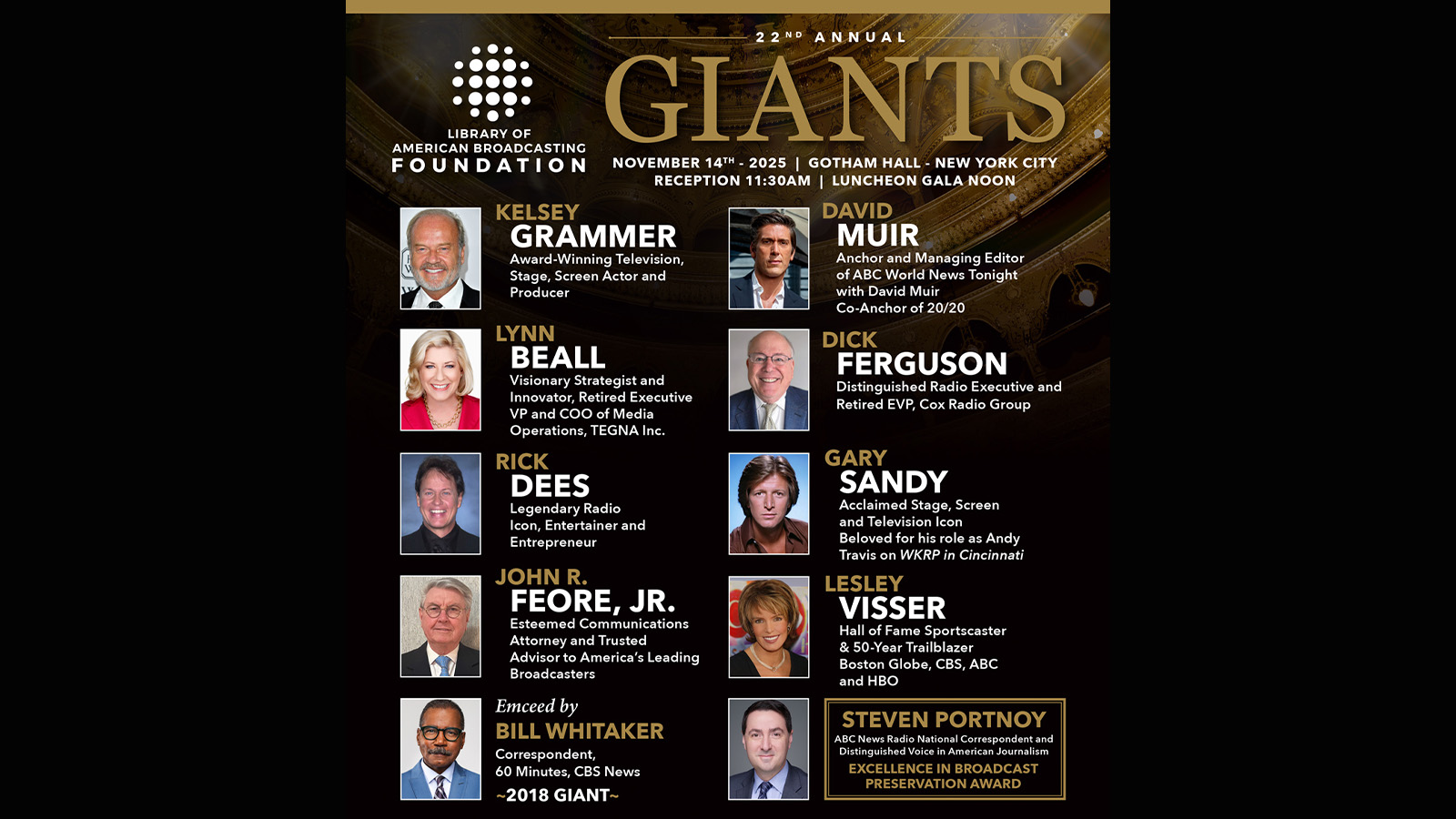Foundation asks commission to prevent ‘down-rezzing’
The Electronic Frontier Foundation (EFF) has asked the Federal Communications Commission (FCC) to prevent satellite and cable television providers from intentionally reducing the quality of digital television signals on analog outputs, a practice known as "down-rezzing."
Endorsed by the motion picture industry as a content-protection measure, the practice would force people who have invested in high-definition digital television equipment to accept inferior-quality content.
More than 5 million consumers have purchased high-definition displays that have only analog inputs, and therefore depend on analog outputs from cable and satellite set-top boxes for high-definition programming.
The FCC has already prohibited the use of down-rezzing for any high-definition broadcast television signals retransmitted on cable or satellite, so these consumers can rest easy that their favorite network TV shows will remain available in high- quality for their existing equipment.
The question remains, however, whether programming on "premium" channels such as HBO and ESPN will be subject to signal degradation over analog outputs. By down-grading the quality of programs on analog outputs, Hollywood hopes to push TV viewers to use content-protected digital outputs, irrespective of the impact on the millions of Americans who have equipment that depends on analog outputs, according to the foundation.
DirecTV and the National Cable Television Association have filed comments supporting down-rezzing, fearing that the motion picture industry would otherwise withhold content from satellite and cable broadcasters.
For more information, visit: www.eff.org/IP/Video/HDTV/eff_fcc_comments.php.
Get the TV Tech Newsletter
The professional video industry's #1 source for news, trends and product and tech information. Sign up below.
